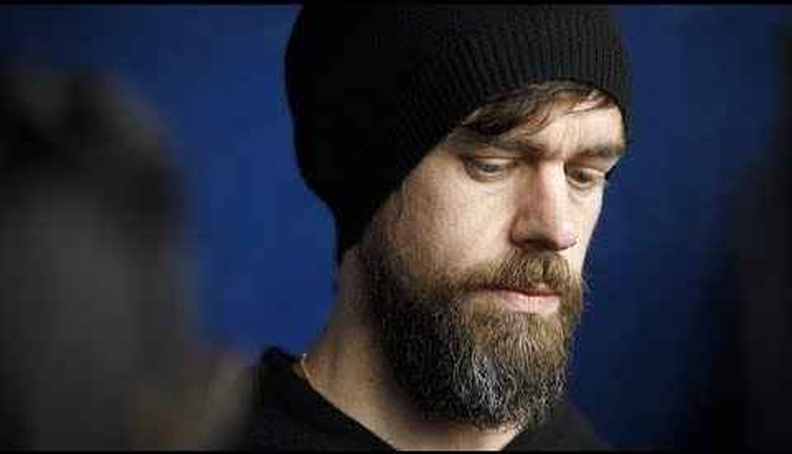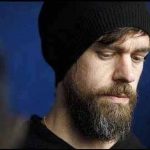Twitter sparks outrage after it lectures the African country of Uganda on principles of ‘Open Internet’

Unless you’ve been living in a cave, the news cycle has been dominated by the Big Tech assaults on free speech censorship and the permanent banning of people with opposing views from their platforms. In a coordinated attack, the Big Tech including Amazon, Apple, and Google, destroyed Parley, a Twitter competitor and “free speech” social platform.
On January 8, Google announced it removed Parler from its Google Play. A day later, Apple removed Parler from its iPhone App Store. Then last Sunday, Amazon remove Parler from its cloud hosting service, shutting off all of Parler servers at the time many Americans are seeking alternatives to Big Tech. Parler has since shut down and is on the verge of going out of business.
A week before that, Twitter locked the account of President Trump for 12 hours following the storming of the U.S. Capitol last Wednesday. Then last Friday, Twitter permanently suspended the personal account of President Donald Trump. World leaders were shocked and outraged over Twitter’s decision to permanently ban President Trump. Speaking through a spokesperson, German Chancellor Angela Merkel said that lawmakers should set rules governing free speech, not private technology companies.
Uganda’s President also announced a ban on all social media ahead of the election. Yesterday, Uganda shut down all social media in the country after the country’s longtime leader accused Facebook and Twitter of taking sides in the upcoming presidential election on Thursday. President Yoweri Museveni, 76, said Uganda had no choice after Facebook removed several accounts tied to his re-election campaign.
“In response to the conduct by @Twitter and @Facebook’s decision to suspend and block government leaning user accounts, the President of Uganda @KagutaMuseveni said that there is no way anybody should come and decide for our country. @OfwonoOpondo”
In response to the conduct by @Twitter and @Facebook' s decision to suspend and block government leaning user accounts, the President of Uganda @KagutaMuseveni said that there is no way anybody should come and decide for our country. @OfwonoOpondo pic.twitter.com/MFPqqj7Rba
— Government of Uganda (@GovUganda) January 12, 2021
However, Facebook didn’t immediately respond to Ugandan’s president’s comments on Tuesday but Twitter, which also appeared to be affected ban, condemned the move. In a statement, Twitter said:
“We strongly condemn internet shutdowns – they are hugely harmful, violate basic human rights and the principles of the #OpenInternet.”
Twitter’s ironic statement was met with outrage and anger. Billionaire and co-founder of AQR Capital Management Cliff Asness said exactly what was on everyone’s mind. In a post on Twitter, Asness said: “The lack of self-awareness is staggering.”
The lack of self-awareness is staggering. https://t.co/f9Xah4Su7Q
— Clifford Asness (@CliffordAsness) January 12, 2021
Cliff Asness is not alone. La nuit sera calme said
“On Thursday, Parler was the most popular app in the United States. By Monday, three of the four Silicon Valley monopolies united to destroy it.”
Must read piece by @ggreenwald https://t.co/JcQJ3Agrh7 pic.twitter.com/Cp2RiJmgms
— La nuit sera calme (@NuitSeraCalme) January 12, 2021
Meanwhile, Ugandan citizens no longer have access to Twitter and Facebook ahead of the election. Other unaccessible social media platforms include WhatsApp, Instagram, Skype, Snapchat, Viber, Google Play, and others.

